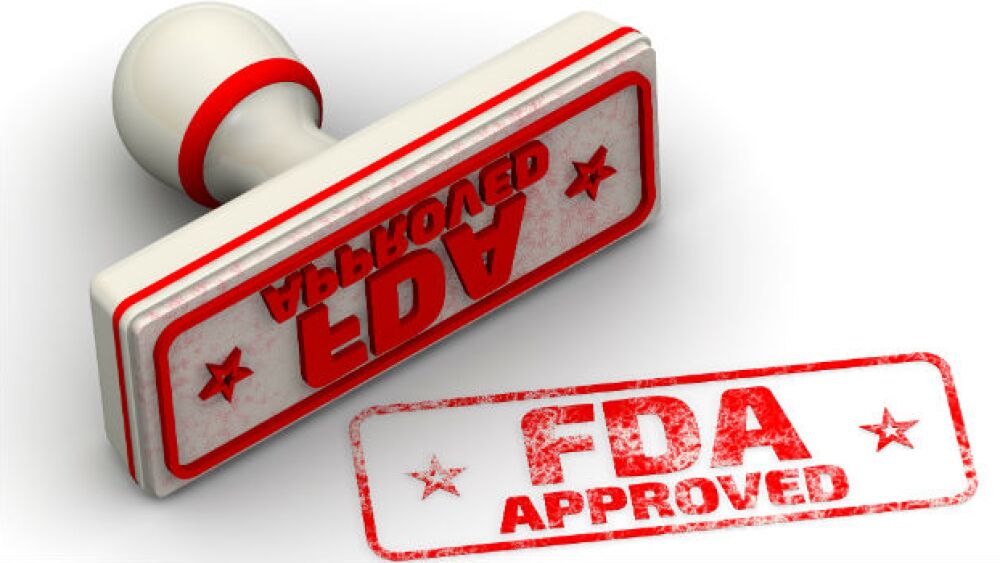Despite the approval, Samsung Bioepis’ Hadlima will not be available in the U.S. until 2023, due to licensing deals with AbbVie, the maker of Humira.
Another biosimilar challenger to AbbVie’s Humira is coming to the United States. On Monday, the U.S. Food and Drug Administration (FDA) approved Samsung Bioepis’ Hadlima (adalimumab-bwwd) for multiple indications, including rheumatoid arthritis.
But, due to the thicket of patent protection surrounding Humira, as well as a licensing agreement Samsung Bioepis struck with AbbVie, Hadlima will not be available in the United States until June 30, 2023. When it is available, Merck will be responsible for the commercialization. The approval of Hadlima marks the third anti-TNF (tumor necrosis factor) biosimilar Samsung Bioepis has had approved for marketing in the United States. TNF is a protein that is overproduced in certain autoimmune conditions-including rheumatoid arthritis, plaque psoriasis, Crohn’s disease and ulcerative colitis-causing inflammation. In addition to rheumatoid arthritis, Hadlima was also approved for the treatment of juvenile idiopathic arthritis, psoriatic arthritis, ankylosing spondylitis, adult Crohn’s disease, ulcerative colitis and plaque psoriasis.
Other biosimilars in Samsung Bioepis’ portfolio include Renflexis, approved in 2017, Ontruzant, a biosimilar to Herceptin that was approved in January, and Eticovo, an Entyvio biosimilar approved in April.
Biosimilars, which are made inside a living cell, are always uniquely different in composition from the referencing drug, which differentiates them from generic drugs, which are exact replicas of other drugs. They have been widely available in Europe since 2006, but the FDA only granted the right to review and approve them when Obamacare was passed in 2010.
Approval of Hadlima was based on data from a Phase III study where 544 patients with moderate to severe rheumatoid arthritis despite methotrexate were randomized to receive either Hadlima or Humira. After24 weeks, the response rate for the Hadlima group was 72.4% and the Humira group was 72.2%, After 52 weeks of treatment, the efficacy, safety and immunogenicity profiles remained comparable, the company said.
Like Humira, Hadlima does come with a black box warning. The FDA noted that Hadlima can increase the risk of infections, including tuberculosis, bacterial sepsis, invasive fungal infections and” infections due to other opportunistic pathogens.”
Hee Kyung Kim, Samsung Bioepis’ head of regulatory affairs, said the U.S. healthcare system can benefit from biosimilar drugs. Kim said the biosimilars can play an important role in “broadening access to treatment options for patients with autoimmune conditions.” Korea-based Samsung Bioepis remains committed to advancing its pipeline of biosimilar candidates, Kim said.
In addition to the US, Samsung Bioepis’ adalimumab biosimilar has been approved for marketing in over 30 countries, including 28 European Union member states, Canada, Australia and Korea. Last year was the first time that many European patients were able to begin to receive Humira biosimilars developed by Samsung Bioepis, as well as other companies. Much like in the U.S., AbbVie struck a number of licensing deals protecting Humira from competition. Humira is AbbVie’s cash cow, generating about $20 billion in revenue last year. In the fall of 2018, Humira began to face biosimilar competition in Europe. There, Humira is now being challenged by biosimilars developed by Amgen, Novartis, Samsung Bioepis and Mylan.





